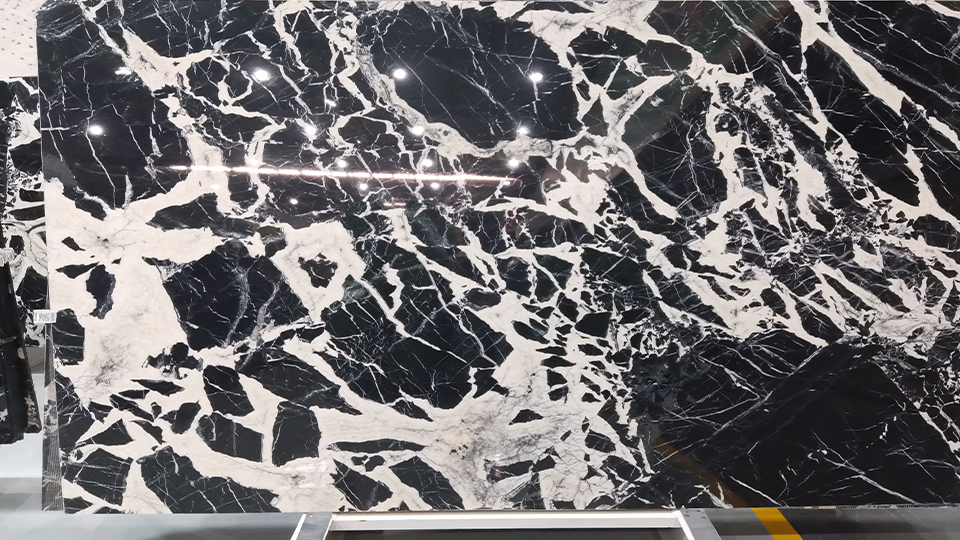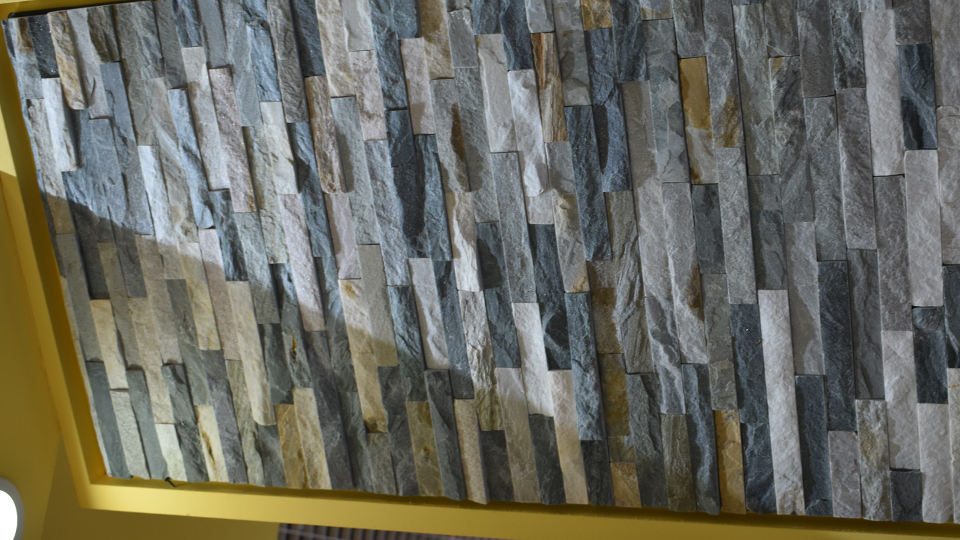

Introduction
A granite composite sink is a popular and stylish choice for modern kitchens, offering the elegant look of natural stone with enhanced durability and a more affordable price point. Made from a mixture of crushed granite and a polymer resin, these sinks are resistant to scratches, chips, and high temperatures. However, like any kitchen fixture, they require proper maintenance to retain their pristine appearance. While a granite composite sink is significantly more resilient than a traditional porcelain or stainless steel sink, it is not impervious to stains, mineral deposits, and the dulling effects of everyday use. This comprehensive, 2000-word technical article will serve as your definitive guide to cleaning and maintaining your granite composite sink, providing detailed instructions, technical explanations, and a breakdown of the best cleaning agents and techniques for every type of cleaning challenge.
Understanding the Material: Why Granite Composite Sinks Need Specific Care
Before we dive into the "how-to," it's crucial to understand the "why." A granite composite sink's unique composition dictates its specific cleaning needs. The surface is not a single, solid piece of granite but a blend of stone particles and a binder. The resin, typically acrylic or polyester, is what gives the sink its smooth, non-porous finish, but it can be susceptible to certain harsh chemicals.
Porous vs. Non-Porous: While natural granite is porous and requires sealing, the polymer resin in a composite sink fills these pores, making the surface non-porous. This is a significant advantage, as it prevents liquids from seeping in and causing deep stains. However, hard water and certain acidic foods can leave deposits on the surface.

The Role of Resin: The resin binder is what makes the sink scratch-resistant and gives it a consistent color. However, abrasive cleaners or steel wool can scratch the resin, creating micro-scratches that can trap dirt and lead to a dull, cloudy appearance over time.
Hard Water and Mineral Deposits: The most common culprit for a dull or white-ish film on a dark granite composite sink is hard water. Hard water contains a high concentration of minerals, primarily calcium and magnesium. When the water evaporates, these minerals are left behind as a visible residue.
Part 1: The Daily Cleaning Regimen
The key to a beautiful and long-lasting granite composite sink is a consistent daily cleaning routine. This routine is designed to prevent the buildup of stains and mineral deposits before they become a problem.
Materials Needed:
Soft sponge or microfiber cloth
Mild dish soap (pH-neutral)
Warm water
Towel for drying
Step-by-Step Instructions:
Rinse Thoroughly: After each use, especially after washing dishes, rinse the entire sink basin with warm water to flush out any food particles and soap residue.
Apply Dish Soap: Apply a small amount of mild, pH-neutral dish soap to a soft sponge or microfiber cloth. Avoid using abrasive sponges or scouring pads.
Wipe Down the Sink: Gently wipe the entire surface of the sink, including the sides and corners. The goal is to remove any residual grease, food splatters, or light stains.
Rinse Again: Rinse the sink thoroughly with clean, warm water to wash away all the soap. Soap residue can leave a film that attracts dirt.
Dry the Surface: This is the most critical step for preventing hard water stains. Using a dry towel, completely wipe down the sink basin and faucet area. This removes water droplets before they can evaporate and leave behind mineral deposits. This simple act is the single most effective way to keep your sink looking new.
Technical Note: A pH-neutral dish soap is recommended because highly acidic or alkaline cleaners can degrade the polymer resin over time, leading to a loss of shine.
Part 2: Tackling Common Stains and Issues
Even with a diligent daily routine, a granite composite sink can encounter more stubborn challenges. This section details how to address specific issues using safe and effective methods.
A. Hard Water Stains and Mineral Deposits
Hard water stains manifest as a chalky, white film, particularly noticeable on dark-colored sinks. These are calcium and magnesium deposits.
Materials Needed:
White distilled vinegar or a commercial descaler specifically for kitchen use
Water
Soft sponge or cloth
Step-by-Step Instructions:
Create a Solution: Mix a solution of 50% white distilled vinegar and 50% water. For a more stubborn buildup, you can use straight vinegar.
Apply the Solution: Soak a paper towel or cloth in the vinegar solution and lay it over the affected areas. Allow it to sit for 15 to 30 minutes. The acetic acid in the vinegar will dissolve the mineral deposits.
Scrub and Rinse: Using a soft-bristled brush or a non-abrasive sponge, gently scrub the area to dislodge the softened minerals. Rinse the sink thoroughly with clean water.
Dry Completely: As always, dry the sink completely with a towel to prevent new water spots.
Technical Note: The acidic nature of vinegar is ideal for dissolving alkaline mineral deposits. However, for heavily soiled sinks, an overnight soak with vinegar-soaked paper towels may be necessary. Always rinse well afterward to prevent the vinegar from sitting on the resin for an extended period.

B. Food Stains (Coffee, Tea, Wine, Tomato Sauce)
These organic stains can be stubborn but are typically easy to remove.
Materials Needed:
Baking soda
Water or a mild bleach solution (diluted)
Soft brush or sponge
Step-by-Step Instructions:
Make a Paste: Create a paste by mixing baking soda with a small amount of water. Baking soda is a gentle abrasive and a natural deodorizer.
Apply the Paste: Apply the paste directly to the stain and let it sit for a few minutes.
Gently Scrub: Using a soft brush or sponge, gently scrub the stain in a circular motion.
Rinse and Dry: Rinse the area with water and dry thoroughly.
Technical Note: For very stubborn, dark stains, a highly diluted bleach solution (1 part bleach to 10 parts water) can be used as a last resort. Apply the solution to the stain, let it sit for no more than 10 minutes, and then rinse thoroughly. Never mix bleach with ammonia or other cleaners, and always ensure the area is well-ventilated.
C. Rust Stains
Rust spots, caused by metal cookware or utensils left in the sink, can be particularly unsightly.
Materials Needed:
Baking soda
Lemon juice or vinegar
Step-by-Step Instructions:
Create an Acidic Paste: Combine baking soda with a few drops of lemon juice or vinegar to form a paste. The acid in the lemon juice or vinegar will help to break down the rust.
Apply and Wait: Apply the paste to the rust stain and let it sit for 15-20 minutes.
Scrub and Rinse: Gently scrub the area with a non-abrasive sponge. The baking soda provides the scrubbing power, while the acid works on the rust. Rinse well.
Part 3: Restoring Shine and Preventing Future Issues
Over time, even a well-maintained sink can lose some of its original luster. Restoring the shine and protecting the surface is an important part of a complete maintenance plan.
A. Using Mineral Oil for Restoration and Protection
Mineral oil (food-grade) is an excellent way to deepen the color, restore the shine, and provide a protective layer on a granite composite sink.
Materials Needed:
Clean, dry microfiber cloth
Food-grade mineral oil
Step-by-Step Instructions:
Ensure the Sink is Clean and Dry: The sink must be completely free of dirt, soap residue, and water spots. Wash the sink and dry it thoroughly as outlined in the daily cleaning section.
Apply a Small Amount of Oil: Pour a small amount of mineral oil onto a clean microfiber cloth.
Rub in the Oil: Rub the oil into the entire surface of the sink in a circular motion. You'll notice the color of the sink will darken and the surface will look richer and shinier.
Buff the Sink: Use a separate, dry part of the cloth to buff the sink, removing any excess oil. The goal is to leave a light, protective sheen, not a greasy residue.
Technical Note: The mineral oil fills in any microscopic scratches and pores on the resin surface, creating a barrier that repels water and stains. This process should be repeated every few weeks or whenever the sink starts to look dull.
B. Avoiding Common Mistakes
Do Not Use Abrasive Cleaners: Avoid scouring pads, steel wool, or abrasive cleaning powders like Comet or Ajax. These can scratch the resin and create a permanent dull finish.
Do Not Use Harsh Chemicals: Stay away from strong acids (e.g., concentrated sulfuric acid) or strong alkalis (e.g., drain cleaners with lye). These chemicals can degrade the resin, causing it to become brittle or discolored.
Do Not Use Ammonia-Based Cleaners: Products like Windex can break down the resin over time.
Avoid Heat Shock: While granite composite sinks are heat-resistant, placing a hot pan directly from the stove onto the surface can cause a crack due to a rapid temperature change. Always use a trivet.
Part 4: Technical Summary of Cleaning Agents
Cleaning Agent Mechanism of Action Application Cautions
Mild Dish Soap Surfactants lift and suspend dirt and grease. Daily cleaning. Use pH-neutral. Avoid those with strong degreasers.
White Distilled Vinegar Acetic acid dissolves alkaline mineral deposits. Hard water stains, limescale. Rinse thoroughly. Avoid prolonged exposure.
Baking Soda Mild abrasive and deodorizer. Light stains, surface grime. Use as a paste. Avoid vigorous scrubbing.
Mineral Oil Fills micro-scratches, restores color and shine. Shine restoration, water repellent. Use food-grade. Buff off excess.
Diluted Bleach Oxidizes and removes deep-set organic stains. Stubborn coffee, tea stains. Use as a last resort. Dilute heavily and rinse quickly. Never mix with other cleaners.
Conclusion
A granite composite sink is a durable and beautiful addition to any kitchen. By understanding its unique composition and adhering to a simple, consistent cleaning and maintenance routine, you can ensure it remains a stunning focal point for years to come. The most effective strategy is a proactive one: daily cleaning to prevent problems, targeted treatments for specific issues, and periodic restoration to maintain its like-new appearance. With the knowledge and techniques outlined in this technical guide, you are well-equipped to keep your granite composite sink looking flawless, protecting your investment and preserving the heart of your kitchen.
Name: selena
Mobile:8613176910558
Tel:86-13176910558
Whatsapp:8619323167067
Email:409284553@qq.com
Add:Laizhou ,Shandong , Shandong Province, China